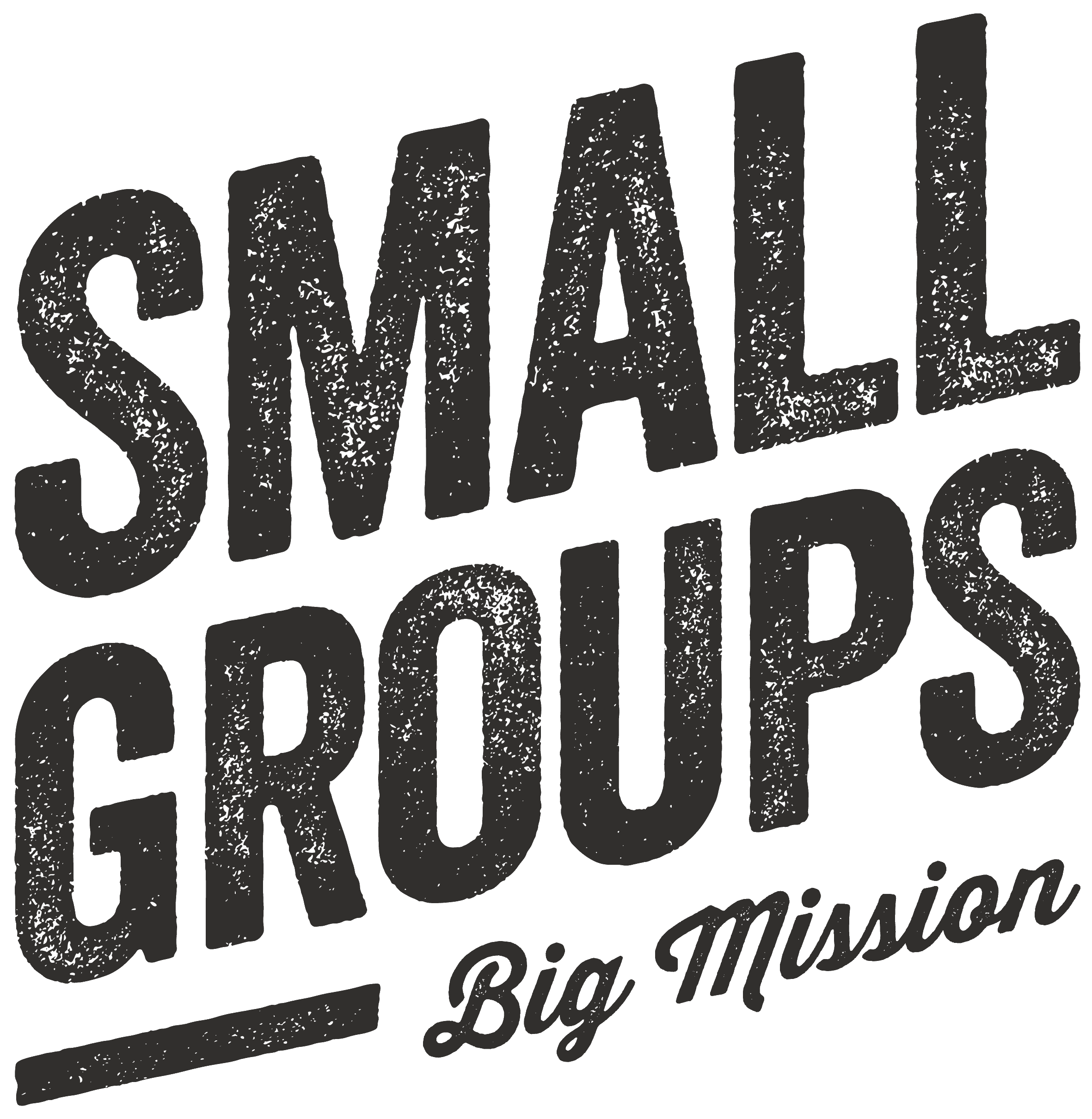introduction
Last week we looked at the way Jesus opened the Book to the people and the people to the Book. We also saw how the issues Jesus highlighted are very similar to the ones chosen by The Open Book. This week we are looking at identity and what God’s original intention was for us and still is. The aim is to understand more clearly our core values behind relationships. It is helpful to see the whole Open Book plan first:
- CREATION – Identity
- EXODUS – Freedom
- EXILE/RETURN – Justice
- NATIVITY – Hope
- CROSS/RESURRECTION – Forgiveness
welcome
option 1
Give everyone a sheet of A4 paper (better still, card) and ask them to draw a face which shows some of the things they feel about themselves. After 5 minutes they hold their face up and explain to the group some of its features.
option 2
Go round looking at one another, making notes on things like brands, hairstyles, jewellery and makeup; or anything which we use to gain acceptance or bolster our identity. Invite people to “reveal all.” i.e. share what they have noticed about others. Make this light-hearted!
worship and word
The Bible is the story of God’s relationship with human beings. This story is set in a cosmic context with God exercising selfless, awesome extravagance creating a life-filled universe out of darkness.
focus
Request that everyone shuts their eyes and then invite one or more good readers (who have been prepared to do this) to read Genesis 1:1-5, 6-8, 9-13, 14-19, 20-23, 24-25.
Arrange for the readers to pause for 30 seconds at the end of each section.
Now ask the group to share their felt responses to this passage (this will probably be even more effective if people keep their eyes closed). Encourage people to pray out their worship of who God is.
read
Here we get a picture of God’s original intention for humanity and creation.
discuss
Discuss in 2s or 3s. What does this passage suggest about :
- God (start with v.26)
- God’s relationship with people (v.27, 28)
- Peoples’ relationships with one another, particularly gender issues (v.27 and v.26)
- Peoples’ relationships with the animal world (v.28)
question
What does the Bible mean by “being made in God’s image,” or, “be like us and resemble us”? Ask the group to each write three things that this suggests to them.
further questions
- What does the idea of being made in God’s image mean to me? How does it make me feel?
- When this passage says that God put people in charge of fish, birds, animals etc. does that mean we have unlimited license to do what we want with the world’s environment? If not, why not?
- What does this passage suggest about God’s (and therefore Christians’) attitudes to creation?
read
Genesis 3 (at least verses 1-13, 22-24)
question
What are the wrong values behind human sin?
think
What are the effects of sin on human relationships with God, with each other, and with the world?
In what ways did Adam and Eve “die” (2:17) when they ate the fruit from the Forbidden Tree?
Pray for one another. Identify which original values were there before sin entered the world that are now distorted in your life and that God wants to restore.
application
In light of these passages, it is right for Christians to be involved in all kinds of social issues such as ecology, human rights, mental health, and world debt. It would be good for your small group to share their involvement in these areas and, if they are not already doing so, work out how and when they can become involved. Probably working in “interest groups” of 3-4 is a good way to do this. Spend the last 5 minutes praying around the issues of the interest groups.


